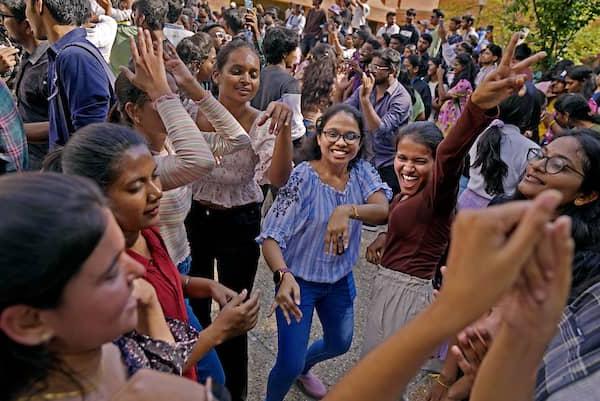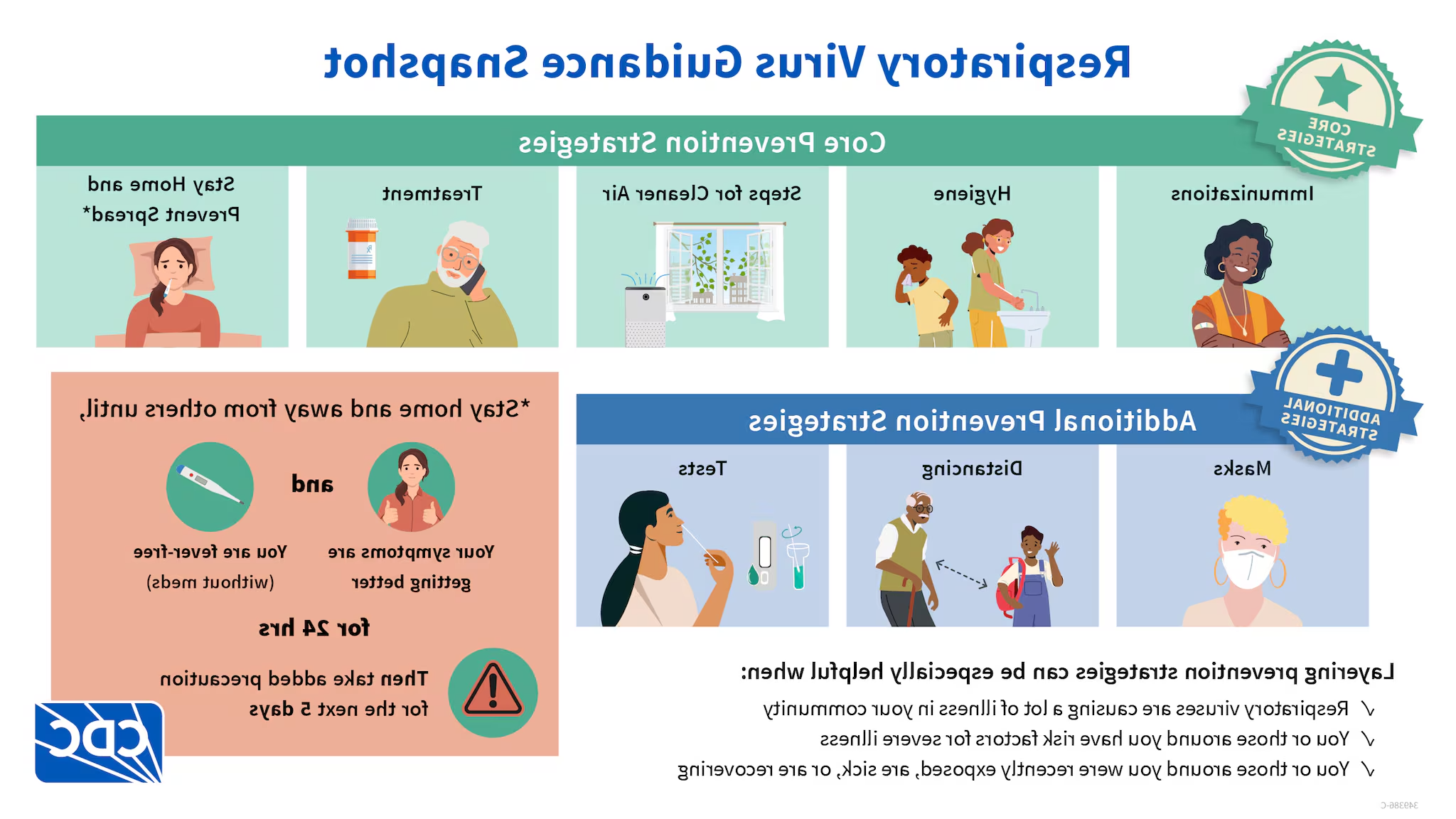Respiratory Virus Guidance
Saint Louis University community members are expected to use the updated Centers for Disease Control and Prevention guidance regarding respiratory viruses, including COVID-19, to help manage their infection and prevent disease spread.
Each year, respiratory viruses are responsible for millions of illnesses and thousands of hospitalizations and deaths in the United States. In addition to the virus that causes COVID-19, there are many other types of respiratory viruses, including flu and respiratory syncytial virus (RSV). The good news is there are actions you can take to help protect yourself and others from health risks caused by respiratory viruses.
There are practical ways to lower your risk of respiratory viral illnesses, including COVID-19, flu, and RSV. This includes:
- Staying up to date on immunizations for respiratory viruses
- Practicing good hygiene and respiratory virus prevention
- Taking steps for cleaner air for respiratory virus prevention
- Take steps to help prevent the spread of respiratory viruses when you're sick
- Wearing a mask can help lower the risk of respiratory virus transmission
- Practice social distancing if you are ill
- Testing for respiratory viruses can help you make informed decisions about next steps
If You Are Experiencing Respiratory Illness
Stay home and away from others until your symptoms improve and you are fever-free (without meds) for 24 hours. Then, take extra precautions for the next five days.
For clinical-facing staff and students, please contact your clinical supervisor for specific instructions. Typically, you may return to the work/clinical setting seven days after the onset of symptoms or seven days from testing if you are completely asymptomatic.
Flu and COVID Vaccination Clinics
博彩网址大全 offers our community flu and COVID vaccinations (as available) during the fall semester. Vaccinations are available at the Student Health Center and scheduled vaccination clinics on campus. Information will be shared on Newslink and other University media outlets, or you can contact the Student Health Center at 314-977-2323.


















